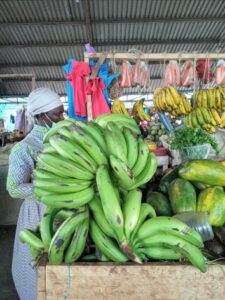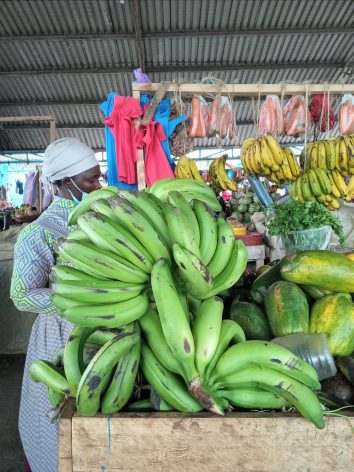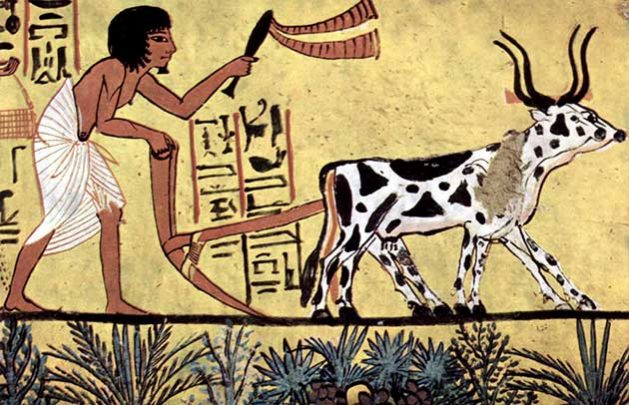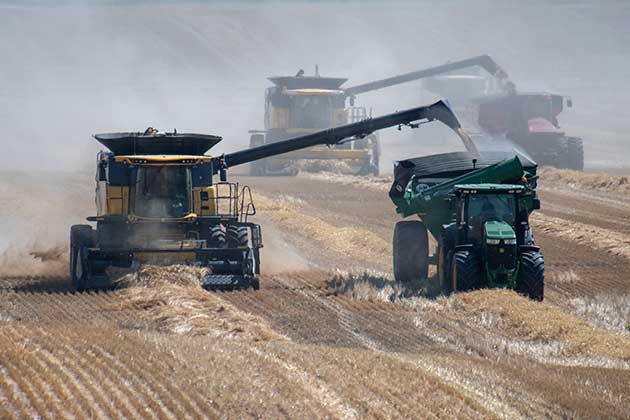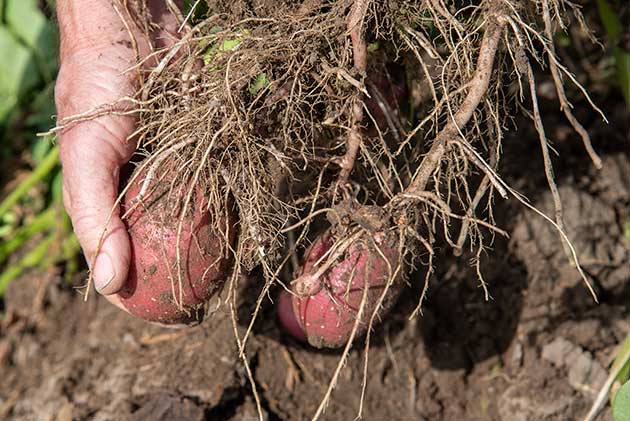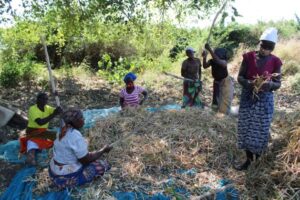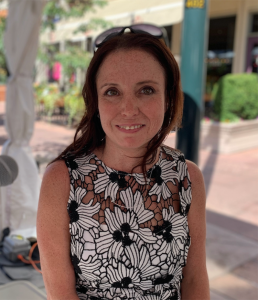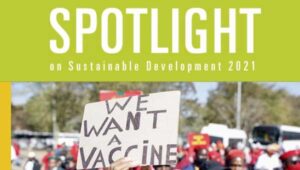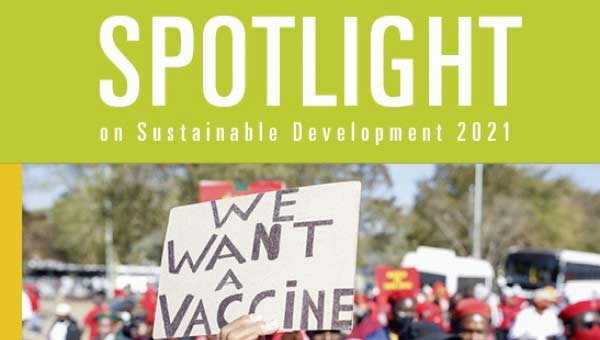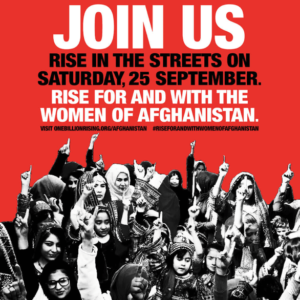
One Billion Rising is organizing events around the world on September 25th, 2021 to show support of Afghani women.
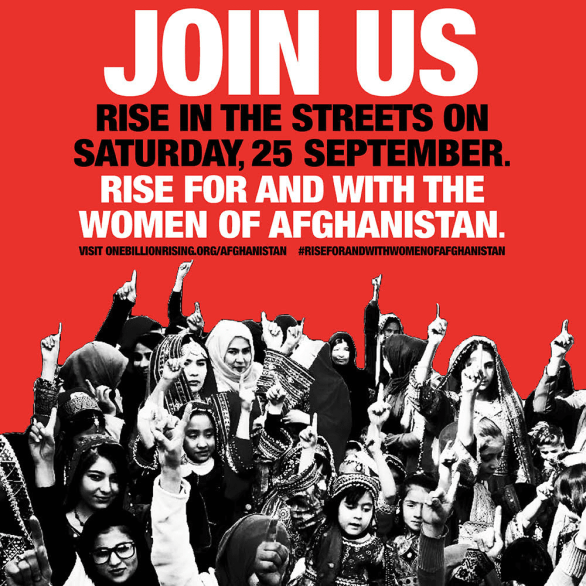

On Saturday, September 25, RISE FOR AND WITH THE WOMEN OF AFGHANISTAN will take to the streets in a day of action following an online day of solidarity on September 1, garnering participation from over 85 countries. During the global day of action, activists, women’s organizations, human rights groups, and high profile individuals will mount in person events in cities, towns and areas across the globe. Some events will take place online due to local Covid restrictions.
Worldwide events are being led by local Afghan activists and informed by activists on the ground in Afghanistan. Already activists are planning events in Mexico, Croatia, Eswatini, Congo, Nepal, India, Bangladesh, South Africa, Italy, UK, Philippines, Hong Kong, Indonesia, Jamaica, Guatemala, Thailand, Nigeria, Portugal, Taiwan, United Kingdom, Zambia, Austria, and the United States.
In New York City, a RISE FOR AND WITH THE WOMEN OF AFGHANISTAN rally and action will take place at Dag Hammarskjold Plaza, in sight and sound of the United Nations as the General Assembly meets. Testimonies from Afghan women on the ground and RAWA (Revolutionary Association of the Women of Afghanistan) will be read. It will be led by Afghan activists and artists Fatima Rahmati, Leeza Ahmady, Farah Arjang Vezvaee, Matin Maulawizada (co-founder Afghan Hands), Halema Wali (Afghans for a Better Tomorrow), poet Wazina Zondon – with women’s rights activists V (formerly Eve Ensler) (founder of V-Day/One Billion Rising), Zainab Salbi, Jodie Evans (co-founder of CODEPINK), Alyse Nelson (President/CEO of Vital Voices) and NYC Public Advocate Jumaane Williams, musicians Morley Shanti Kamen, Chris Bruce, Neel Murgai, Trina Basu, Arun Ramamurthi, Broadway stars Kathryn Gallagher (Jagged Little Pill), Anastacia McCleskey (Waitress), and Gerianne Perez (Waitress) (list in formation*). Visit onebillionrising.org/risenewyork
In Los Angeles, Afghan youth and activists will meet on the Sunset Strip and march to West Hollywood Park for a program featuring Hameeda Uloomi (Founder of Afg-aid), Madina Wardak (MSW/ACSW Outreach & Partnership Coordinator Afghan Women’s Mission), Ariana Delawari (Multimedia artist & activist), Arash Azizzada (Co-Founder Afghans For A Better Tomorrow), Sultana Parvanta, and Rina Amiri (Senior Fellow and Director of Afghanistan and Regional Policy Initiative at New York University’s Center for International Cooperation), Samia Karimi (Afghan dance artist & activist, ARTogether), with a special performance by Legendary Ustad Farida Mahwash & Voices of Afghanistan, with Aja Monet, Dylan McDermott, Sufe Bradshaw, Gideon Adlon, and additional speakers to be announced*. Testimonies from Afghan women on the ground and RAWA (Revolutionary Association of the Women of Afghanistan) will be read. Visit onebillionrising.org/riseLA
“We take our lead from our Afghan sisters – activists who have amplified the on-the-ground realities and needs for over twenty years, working tirelessly and creatively to support women and girls and their families amidst an endless, imperialist war. Women of the world and our allies stand with the women – and all vulnerable groups – of Afghanistan against imperialism, militarism, fundamentalism, and fascism. None of us are free until the women of Afghanistan are free. We stand with the women of Afghanistan who believe women have the right to education, to travel, to freedom of movement, to jobs, to security, just having freedom to be able to breathe and be. We cannot underestimate the power of our solidarity at this moment.” – joint statement from RISE FOR AND WITH THE WOMEN OF AFGHANISTAN, Global Solidarity Campaign
Individuals and organizations signing on and spreading the word across their social media channels included RAWA (Revolutionary Association of the Women of Afghanistan), Jane Fonda, V (formerly Eve Ensler) Rosario Dawson, Angela Davis, Thandiwe Newton, Lisa Joy,Pat Mitchell, Kimberlé Crenshaw, Jennifer Buffett, Katherine McFate, Annie Lennox, Zainab Salbi, Emma Thompson, Nina Turner, Naomi Klein, Glenn Close, Connie Britton, Heather McGee, Shabnam Hashmi, Rev. Dr. Jacqui Lewis, Rosa Clemente, Bonnie Abaunza, 1 Billion Rising/V-Day, CODEPINK, Vital Voices, 350.org, Equality Now, FEMEN, SANGAT, African American Policy Forum, Gabriela, Jagori Rural, One Fair Wage, Women’s March Global, Revolutionary Love Project, Justice For Migrant Women, Planned Parenthood – LA, Miry’s List, Peace Over Violence, Alianza Nacional de Campesinas and many more.
In consultation with many of them, we created a list of demands and a call to action. People and groups from all over the world have signed on in support with more signing on and planning actions on September 25.
What: Global Day of Action: Rise For And With The Women Of Afghanistan
When: Saturday, September 25, 2021
JOIN the Global Day of Action on Saturday, September 25th. Organize in your community, or gather online. Women of the world and all our allies rise, roar and rage for and with the women in Afghanistan: a global solidarity action in your city, town, school. everywhere. RISE in the streets, stage creative political protests and artistic risings. Invite everyone; reach out to activists, students, artists, social justice groups, and more.
Required: Face masks, social distancing. All events will be held outdoors.
Hashtags: #RiseForAndWithWomenofAfghanistan and #StandWithWomenofAfghanistan
PLAN or FIND an event in your city/town/school
SIGN UP updates about 25 September events»
Access the social media toolkit here
READ the One Billion Rising Solidarity Statement
Here is a snapshot of what is happening around the world (list in formation):
Austria: As the Austrian government refuses to take refugees, Austrian activists have taken to the streets to demand for refugees to be let in. On September 25, OBR Austria plans to hold an artistic intervention in public space with the performance of RED Silence by OBR Austria coordinator and artist Aiko Kazuko Kurosaki, an art installation by Petra Paul, more performance art, and speakers.
Bangladesh: In Dhaka, there will be a protest rally in the square as well as 15 to 20 other simultaneous rallies happening across the country. On September 26, OBR Bangladesh is coordinating an online action with the South Asian Peace Network to discuss the 20th anniversary of 9/11, the war in Afghanistan, and talk about how imperialistic wars can happen in any country.
Cambodia: The Cambodian Women Network, together with the OBR Cambodia youth, have drafted a statement addressed to their government for their action to respond to the treatment of the Taliban towards women and girls. OBR Youth will do a photo solidarity campaign on 9/25.
Cameroon: OBR Cameroon plans to organize a conference where Sharia law will be discussed, and Muslim dignitaries and scholars are invited, to inform the population on how the Taliban have used this law.
Croatia: OBR Croatia, and twenty other women’s groups including Women’s Network Croatia, are marching and RISING outside of the Croatian Ministry of Foreign Affairs.. The protest will have speeches, speakers, and banners created by women which read “You Cannot Kill Us” to center Afghan women and their struggles.
Democratic Republic of Congo: City of Joy and other Congo activists are working on linking what they are seeing regarding the effects of the wars for resources, plundering minerals, and natural resources to what has happened in Afghanistan in addition to writing a statement to circulate to the UN in the DRC. For this campaign, their slogan will be “They Wanted to Bury Us But They Forgot They Were Seeds”
Eswatini: In Eswatini, OBR activists are holding a memorial in solidarity connecting the current crisis in Eswatini to the current crisis in Afghanistan.
Ghana: Activists will mount a photo campaign featuring activist and their messages of solidarity with the women of Afghanistan
Guatemala: In Guatemala, activists are rising with Fundación Sobrevivientes and for Latin America with Red Latinoamericana de Mujeres Afro Descendientes.
Hong Kong: OBR Hong Kong will be broadcasting pre-recorded videos of OBR solidarity dancing and solidarity messages and demands by domestic and migrant workers in Hong Kong, as well as local Hong Kong residents on the 25th of September.
India: Activists in India propose to stand outside on the streets in villages, towns, cities, in slums and in front of public places. They also plan a signature campaign in India to demand justice for the women of Afghanistan and the women of the world and hope to reach out to nearly 500 locations in the country. A poster competition is also being planned – reaching out to artists, as well as the possible creation of a song. The campaign will also include children to stand with placards to demand a peaceful world for the children of Afghanistan.
Indonesia: Seruni activists are planning solidarity poster actions where Seruni is established, such as Riau and Sulawesi – which will lead into a national virtual action on September 25th. The day before is the National Peasant Day commemoration and rural women activists will be connecting solidarity with women of Afghanistan.
Italy: OBR Italy will be part of a big event at the Piazza del Popolo in Rome on the 25th, with more than 50 associations who are joining the event.
Jamaica: Activists in Jamaica are planning to do a collective meditation centering Afghan women’s empowerment and protection.
Malawi: In Malawi, activists will do an action on September 25, and rise with the Rural Women’s Assembly to express their solidarity.
Mexico: Activists in Mexico will be in the streets on 25 September and the plan is for a demonstration outside the UN in Mexico City, with activists holding signs with slogans from the campaign.
Namibia: OBR Namibia plans an informational sharing and artistic creative session adolescent girls and young women as well as a silent protest featuring posters and images to demand that the Namibian government accepts refugees from Afghanistan.
Nigeria: Nigerian activists will host an online campaign in solidarity.
OBR Africa: In many parts of Africa, countries are facing strict lockdowns and cannot host public events. However, OBR Africa activists will host a RISING For and With the Women of Afghanistan in a regional online event involving 19 countries. Discussion to include women’s rights as the first to be suppressed in crisis situations, unpacking what activists mean when they say “Afghanistan is everywhere” and the importance of women’s global solidarity in crisis situations. Activists from across the region will issue photo and video messages of solidarity.
Philippines: A Solidarity Week will feature nation-wide solidarity and protest actions on each day from September 18 to 25 online and in person raising the shared concerns against the actions of the US military and its impact on the Afghan people.
Portugal: Activists in Portugal plan to connect the water crisis to the war in Afghanistan and the plundering of natural resources and minerals.
Rwanda: Activists will have a graphics,,photo and video campaign illustrating what Rwandan women feel for the women of Afghanistan and what their solidarity means to bring back hope for women and girls in Afghanistan.
Serbia: Activists are planning actions in six different towns featuring artistic banners in solidarity for and with the women of Afghanistan.
Taiwan: Activists will organize an online program to express solidarity with the women of Afghanistan.
Togo: Activists are organizing a photo and video campaign with Togolese youth to support the women of Afghanistan.
Thailand: OBR Thailand will be hosting an online event in solidarity with the women of Afghanistan.
United Kingdom: Voice of Domestic Workers will Rise With and for Women of Afghanistan at the Labour Conference in Brighton and will dance “Break The Chain”. Activists in the United Kingdom, in collaboration with the Women’s Center of Cornwall, are doing outside actions in Cornwall and Norwich.
United States: In New York, mass rising at Dag Hammarskjold Plaza followed by a march to the UN. In Los Angeles, march and rally at Sunset Spectacular. In San Francisco, Code Pink action on September 21, Global Peace Day, to demand for a reduction of the Pentagon budget and an action on September 25. Additional actions being planned.
Zambia: OBR Zambia will hold meetings in communities in different areas to increase understanding and awareness of the situation in Afghanistan and the importance of global actions. Recordings of solidarity messages will also be made from the communities and shared.
Zimbabwe: OBR Zimbabwe is planning an Online Solidarity marathon. Solidarity messages will be posted in the form of written work and the creation of a short video.
Related:
As US and NATO Withdraw, WAW Fears Plummet in Women’s Justice
Check Out This Timely Support for Afghan Women from Big Foundations

